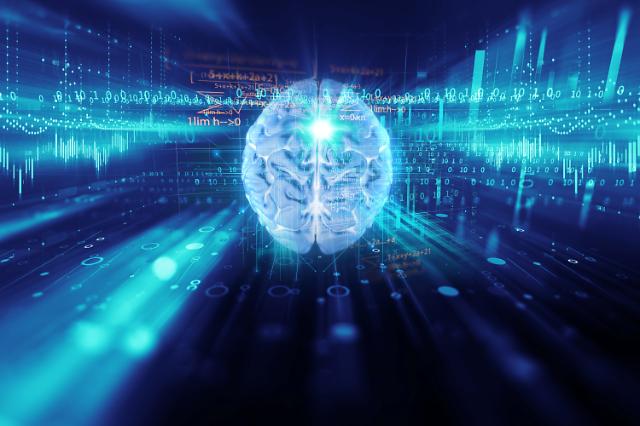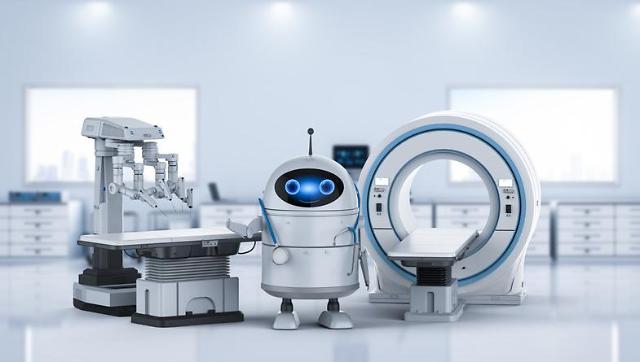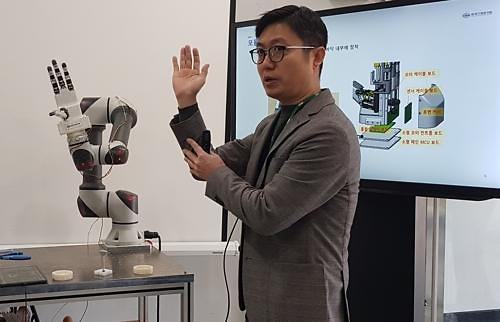
[Gettyimages Bank]
Brain-inspired artificial intelligence (AI) analyzes intentions and behaviors from bio-signals including brain activities so that AI can imitate how the human brain works. The method can be efficiently used for various purposes such as controlling brain wave-controlled robot arms, identifying customer preferences, and upgrading robots capable of communicating with their human counterparts.
In October, a research team from the Korea Advanced Institute of Science & Technology (KAIST) announced that it developed a brain-machine interface system capable of decoding brain signals and controlling robot arms. Because such decoding techniques don't require actual body movement, patients with motor disorders can easily control robotic arms without long-term training.
CJ AI Center said that the private AI institute and KAIST signed a memorandum of understanding to carry out a three-year research project for the joint development of robot arm-controlling technology based on the brain-machine learning interface and machine learning techniques. CJ's AI institute said the KAIST's robot arm-controlling technology will be upgraded and commercialized. "We hope the technique help upgrade medical technologies such as a robot arm designed to improve the lives of the disabled and the analysis of depression triggered by stress," CJ AI Center said in a statement on October 31.
"Technology capable of reading intentions through brainwaves is essential to provide nimble robot arms to disabled people who lost their arms in an accident," KAIST researcher Jeong Jae-seung said. CJ said the AI institute will cooperate with KAIST to upgrade and commercialize the robot arm-controlling technology and robotic arms.



